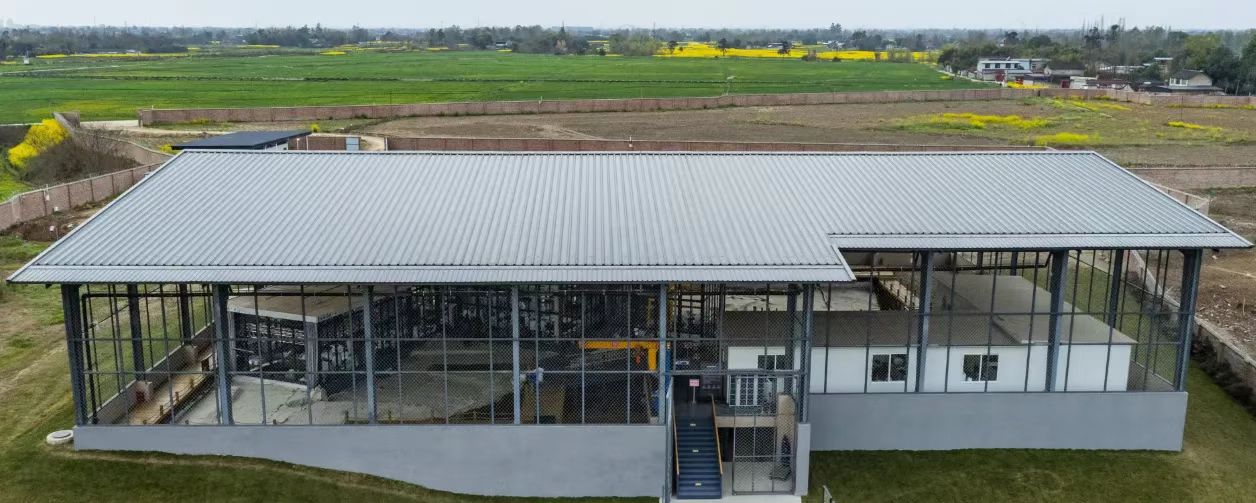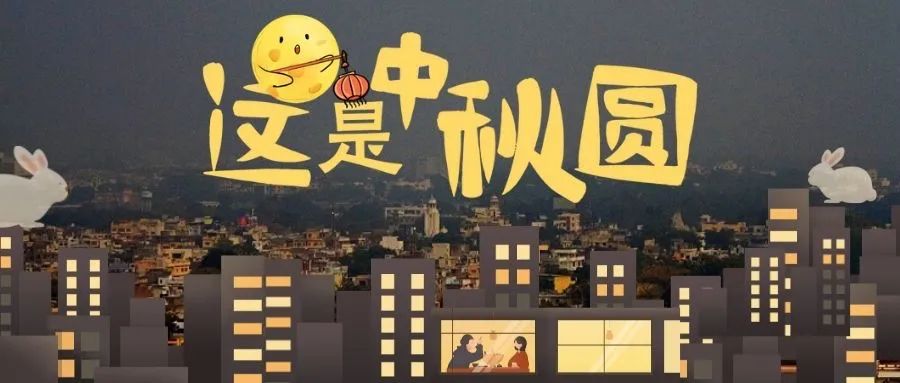The translation path of a family of three generations
Author:Catti center Time:2022.09.13
Liu Leyuan, born in 1989, was born in Jingzhou, Hubei. He graduated from the Sociology and Political Foreign Diplomacy of Qingxi University in South Korea. He has served as a full -time Korean translation at Jingzhou Foreign Affairs Service Center. He is currently working in Jingzhou Vocational and Technical College. Ji Nan Ecological Cultural Tourism Zone Phoenix Street Office is the deputy director.

Speaking of translation, although the three generations of our family are not translated, they are incomprehensible to the translation of different languages.
Grandpa was a college student and progressive person before liberation. Although his family could not talk about wealth and wealth, he also barely counted as well -dressed in the warlord melee and disaster. In that year of stormy, the sound of artillery from the exotic woke up the countless people who were immersed in the dreams of Taiping, and the East Asian evil wolves, which have been serving for many years, showed sharp teeth.
At 9 am on November 21, 1938, the Japanese invaded 20 planes bombed Grandpa's hometown of Puyang County (now Xianao City, Hubei). At that time, Grandpa was studying in Hankou. When he arrived at home, he found that his original wife and young son had been killed by the Japanese invaders. In order to avoid brutal aggressors, Grandpa had to move far away with the hatred of the country, and he had to move far away from West Hubei. He was admitted to Sichuan University and sought knowledge to serve the country. At that time, he studied foreign languages such as English and German.
However, although China is big, he can't tolerate a calm desk. The dream of reporting to the country was obviously unrealistic at the time. In 1942, Grandpa resolutely came to the Chengdu branch of the Huangpu Military Academy to participate in the short training course, voted for a pen, and went to the front line of the Anti -Japanese War. Time.
On the eve of the founding of New China, when other colleagues and relatives chose to go to Taiwan and Hong Kong, Grandpa chose to stay, followed the army uprising to join the glorious PLA, and later learned Russian in the short training class of the army. When participating in the construction of the Wuhan Yangtze River Bridge in 1955, Grandpa tried to translate some drawings and materials with the help of Soviet aid experts.
At the end of the 1950s, Grandpa transferred from the army to the Jingzhou area and still insisted on subscribing to the Soviet pictorials and other publications, exchanged stamps with the Soviet Friends, and continuously improved his level of Russian. At the end of 1980, after the normalization of Sino -Soviet relations, Grandpa resumed contact with Soviet posters, continued to exchange stamps, and read Russian publications until he died in 1993. In recent years, after sorting out the relics and collections of Grandpa, I have donated to the Chongqing China Democratic Party History Exhibition Hall, Guangzhou Sun Yat -sen's Marshal Memorial Hall and other units.
His father had been affected by his family environment since he was a child, and he unknowingly embarked on the "translation road" without knowing it. In the first two years of the college entrance examination, his father often inserted English words in "Chairman Mao's Quotations" in order to remember words anytime, anywhere. After several years of hard work, his father was admitted to the Department of Physics, a local teacher college, and studied Japanese during college. He dreamed of becoming a physics teacher in a middle school, but it was contrary to his wishes. After graduation, he was assigned to the factory and engaged in mechanical equipment maintenance.
At that time, it was the mid -1980s, and the local Sino -Japanese cooperative hospitals and enterprises gradually became more. When his father used the Japanese foundation when he was in college, and later efforts, when Japanese experts and translations were not there, he could also translate the equipment instructions, and also made many Japanese friends in the local area. In the mid -1990s, my father often brought Japanese friends to the house as a guest. The peculiar small gifts, exquisite stamps and fairy tale picture books brought by Japanese guests made my childhood a lot more colorful.
The first time I saw the Japanese was 6 years old, I was very excited and made a lot of jokes. I asked Uncle Japanese, "Why don't you bring a steel helmet? Can your saber lend me to play with it? ...", the Japanese uncle looked at me blankly and asked, "Steel helmet? Army knife? .. ..... ". It turned out to be affected by movies such as "Land" and "Authentic War". In childhood, I instinctively believed that the Japanese should wear a helmet or waist -hanging military knife, and rode a three -wheeled motorcycle on the green side of the grass.
I am also interested in Chao/Korean at the age of 6. At that time, there were several books on the bookcase at home. The text and Latin letters and Chinese characters in the book were completely different. I think it is very interesting. This text is like a mysterious alien symbol. Interpret its desire. After asking my father, I learned that these are books such as "Selection of Kim Richeng", "Mours with Century" and "Johor" of the Korean Revolutionary Songs.
From elementary school to junior high school, I had more knowledge of North Korea and South Korea's post -friendly communication between North Korea and South Korea. Later, I went to study in South Korea for more than 6 years. I traveled to every city in South Korea. I even found a mail friend who had a letter to me through a bridge through the TV station. I met in South Korea after more than 10 years. Thousands of. When I was studying at Qingxi University in South Korea, I also used winter and summer vacations to apply for Japanese training courses and Chinese and Korean translation courses at the University of Foreign Languages and Korean University of Foreign Languages, and laid a good foundation for future translation work.
After returning to China, I worked in Beijing for a while and returned to my hometown in 2013 to become a full -time Korean translation. After two years of work, I chose to resign the world. I went to more than 20 countries and regions in two years. Berlin, Budapest, Brag ... Of course, it also spent all savings. At that time, as a free translator, my translation work has not been interrupted. At the same time, I have made a lot of translations for government agencies and enterprises in China and South Korea. In 2017, the trip was over, and I was looking for a job and taking various exams while studying. Although no longer engaged in full -time translation work, the habit of reading the Chao/Korean publication every day has always adhered to to this day. Now I work at the grassroots level, although there is no holiday and weekend, but I still use the morning and noon to read the Korean/Korean publication every day, and insist on doing some translation work.
Grandpa has already left and his father has retired. The era they live in history, but I believe that their enthusiasm for translation work is never outdated and will be inherited in the family. Although the road to translation in the future will not be smooth, I will still adhere to my original intention, carry forward tradition, and constantly challenge myself.
The ITT exam is certified by the Ministry of Legal Affairs and organized by the South Korean International Translation Association. It is the largest and most authoritative translation qualification examination in South Korea. I was studying less when I was studying in South Korea and working at work, so I did not take the exam. With the exchanges and cooperation between China and South Korea in various fields such as economy and culture, the mutual interchange and exchange of translation qualification certificates is also the demand and inevitable trend of the development of translation industries and translation practitioners in the two countries. This year coincides with the 30th anniversary of the establishment of diplomatic relations between China and South Korea. As a North Korean translator, it is particularly important to have a official translation qualification certificate recognized by South Korea.
ITT exams have not been set up in Hubei Province for the time being. I can't take the exam nearby. In addition, I am busy with work, and I have lost my ITT translation qualification certificate again. On June 29 this year, I accidentally saw the "Catti/Korean Certificate Application of the Korean ITT Certificate Implementation Rules" on the National Translation Qualification Examination Officer website. It also provides us with the broadest translation platform and development opportunities.
Finally, as a Catti second -level translation to ITT professional translation level 1 swap learner, thanks for sharing my experience and perception here, and thanks to the teacher and seniors for guiding and encouraging me.
- END -
Sichuan 2 collective 3 people intend to be selected as advanced commendation objects of the national cultural system

The reporter learned from the official website of the State Administration of Cult...
This is the Romantic story of the Mid -Autumn Festival | Thousands of years, listening to it to tell the exclusive Mid -Autumn Festival

If the Mid -Autumn Festival is shapedThat must be roundWhether it is a poem in wor...